DOCtalk by Dr. Gregg 9/16/13
Cannoli and Crowdsourcing
In a recent post, I discussed the “take the cannoli” attitude that pervades certain segments of the HIT world. Several very kind comments via email about that post plus a recent “event” caused me a mental revisitation of the concept.
The event is the HealthTap “Summer 2013 Top Doctor Competition.” This has brought a slew of emails to my inbox. Several a day from the HealthTap promo peeps, in fact, which in their seemingly never-ending thrust to inspire my participation, have actually ended up causing me to react quite contrarily.
Lemme ‘splain, Lucy.
I was a very early HealthTap contributor, and because of those early efforts, I’ve continued to grow a certain “presence” in the HealthTap community via the social network, grown upon my early input. I say “early input” because it has been quite some time since I’ve engaged with the HealthTap platform to any real extent. I haven’t provided any new answers to medical questions or attempted to spread my online presence there in quite a while. I wasn’t 100 percent sure why I hadn’t continued participating with the HealthTap platform until I got hit with the cannoli, so to speak. Their recent email onslaught clarified my reticence.
The key concept behind HealthTap is crowdsourcing. They have created a platform for consumers to interact with healthcare providers that is free for all. (So far!) Consumers ask brief questions and doctors from all around provide short, non-patient-specific answers. Providers can also throw out little snippets of medical wisdom and knowledge that are available for all to search and see. There are followers and networks; there are contests and award badges – all the typical social network fun is there in a fairly nice-looking tool.
One conundrum re: HealthTap has been that of time. If I spend time providing expert knowledge or answers to questions there, it means I’m not spending time elsewhere – not with my family, not chillin’, not doing something that generates income, not in our local free clinic, not blathering on HIStalk Practice. While garnering a sense of “I done somebody good” is not an ignoble thing, in this situation it is a very impersonal sense of do-goodness. It isn’t like helping a friend, a family member, a patient, or a neighbor.
Now, I have no qualms about helping folks unknown – and I hope I have, at least a little – but what the recent overkill of HealthTap Summer 2013 Top Doctor Competition emails has done is to confirm my suspicions that my do-good sensibilities are being manipulated. (i.e., I think I see somebody taking my cannoli.)
HealthTap thrives via provider input. In fact, they’ve scored millions of dollars in investor capital based solely on the value of the provider expertise they’ve accumulated. But, unless you’ve nothing better to do, a provider gets zilch from the investment of time and intellectual property save a sense of trying to do something good. (Well, that and a digital wall full of contrived digital “awards.”)
With this new contest, I’ve recently been receiving several emails every day trying to inspire my further contributions so that I can “win” in their summer games. These emails are obviously auto-generated and daily conflict with themselves and the website’s own ranking telling me I’m in some #1 or #18 or #2 “Top” spot, all on the same day. Maybe I’m wrong, but I’ve started to feel a little put upon. I’ve started to feel more manipulated than inspired. I’ve started to wonder why I should spend my insufficient spare time helping the HealthTap hierarchy make millions when all I get is a badge. (“Badges? We don’t need no stinkin’ badges!” comes immediately to mind.)
If HealthTap is making money off my years of costly training and even more years of garnered health experience and all I get is a good feeling (OK, and a badge), isn’t that essentially a “take the cannoli” slap in the face?
There are probably lots of good folks at HealthTap, and I realize I’m not endearing myself to them here. I also know that lots of my colleagues likely disagree with my take on this. To be clear, I don’t have anything against the overall concept of making good, concise, and easily readable health answers freely available to consumers. But I’m sorry; I think too many companies are getting in on this whole “take the providers’ experience and knowledge and leave him or her naught but a thank you – or a badge” concept. (EHR vendors have been doing this for some time – taking their provider users’ experience and input to help create a more saleable product, often paying nada for the contributions.)
We’re in the healthcare realm here. It isn’t akin to asking a consumer what they like or don’t like about a refrigerator or toaster; consumers typically have no expertise nor vested interest in the value of their insights. OK, maybe they hope they get a better toaster someday, but, they generally haven’t trained for years as appliance design gurus. In the healthcare space, this is taking formally acquired know-how and profiting from it, with no remuneration to the expert.
In this particular instance, consumers get help while HealthTap gets money. The least HealthTap could do is share a little of that profit with the professionals they rely upon to generate both the resources and the profit.
If you’re going to make money off our (providers’) efforts or expertise, please have the courtesy to share. Healthcare doesn’t need any more vultures. Providers are getting squeezed enough as it is.
In other words, leave us some cannoli.
From the trenches…
“He looks like he’s just been told there’s no cannelloni in the world.” – Phil Stone

Dr. Gregg Alexander, a grunt in the trenches pediatrician at Madison Pediatrics, is Chief Medical Officer for Health Nuts Media, an HIT and marketing consultant, and sits on the board of directors of the Ohio Health Information Partnership (OHIP).















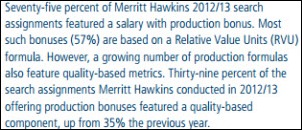
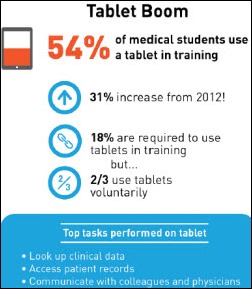
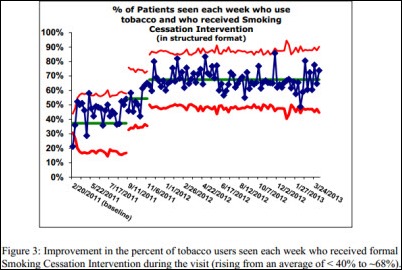
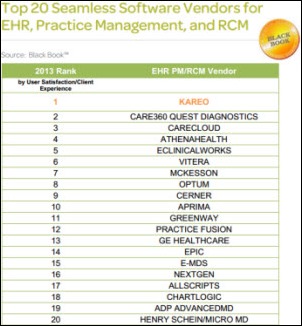
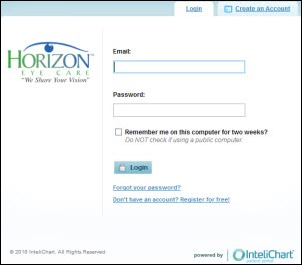



The article about Pediatric Associates in CA has a nugget with a potentially outsized impact: the implication that VFC vaccines…